A dairy client rang to report another abortion in a cow last month. He was particularly concerned because it was the fourth abortion this year.
Another associated issue was a high empty rate in the cows and heifers.
We quickly decided there was two priorities; establish how many cows were empty and investigate the cause of the abortions.
We collected blood samples from cows that had aborted and some samples from the aborted foetus and sent them to the lab. Then we scanned all the cows and heifers.
Twenty-two percent of the cows and heifers turned out to be empty. The samples from the abortions identified neospora as a cause.
Neospora is a parasitic disease of bovine animals that causes abortion and is shed in the birth fluids and afterbirth from infected cows and can also be spread from cow to calf directly during pregnancy. Cows infected with neospora will be at a very high risk of abortion, but will not necessarily abort.
For infection to spread from cow to cow, a dog is needed as an intermediary host. Thus, controlling access to calving areas and afterbirths by dogs is an important control feature.
The disease is spread when a dog eats infected afterbirth and then passes faeces on to grass, silage or concentrates that are subsequently consumed by cows.
For this reason, farms with dogs or close to towns with stray dogs are vulnerable to abortions as a result of neospora.
We also blood-tested all the breeding females on the farm and identified several positive animals. It was interesting to note that three maiden heifers that were positive were offspring from positive cows.
Our control measures included culling positives ASAP and limiting access of dogs to cattle feed and calving areas.
If you have concerns in relation to fertility or abortions you should contact your vet for further information.
Donal Lynch owns and runs Donal Lynch Veterinary, Tullamore, Co Offaly. Donal Lynch Veterinary is part of XLVets, a group of practices working together to achieve a better future for agriculture and veterinary in Ireland. Visit www.xlvets.ie.




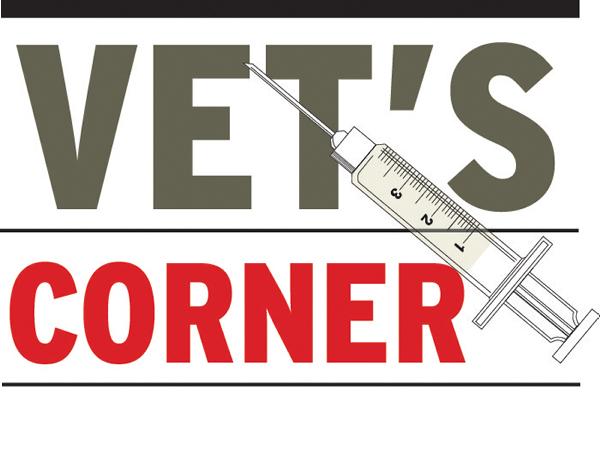
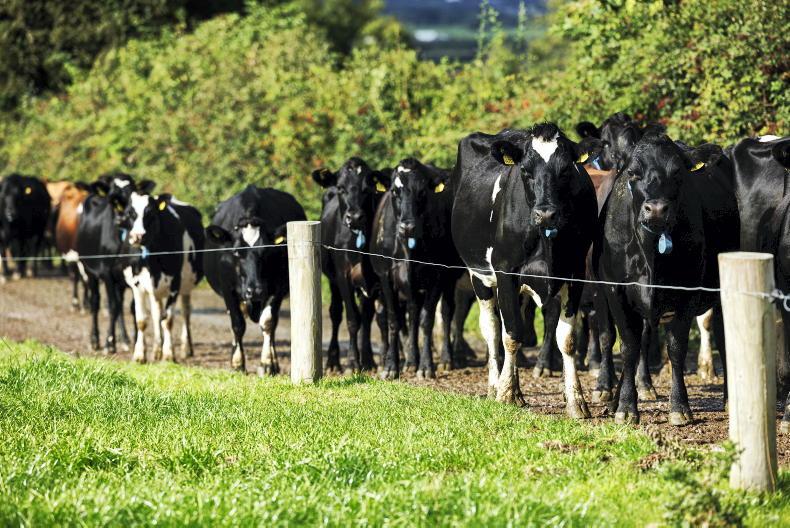
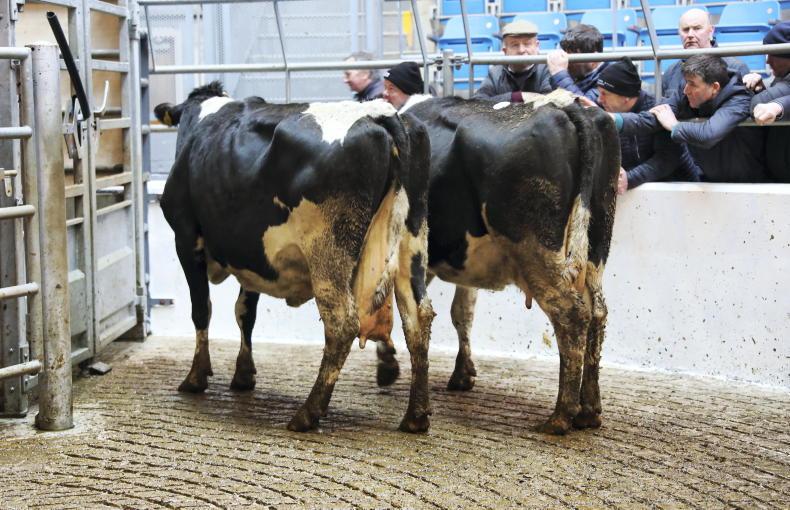
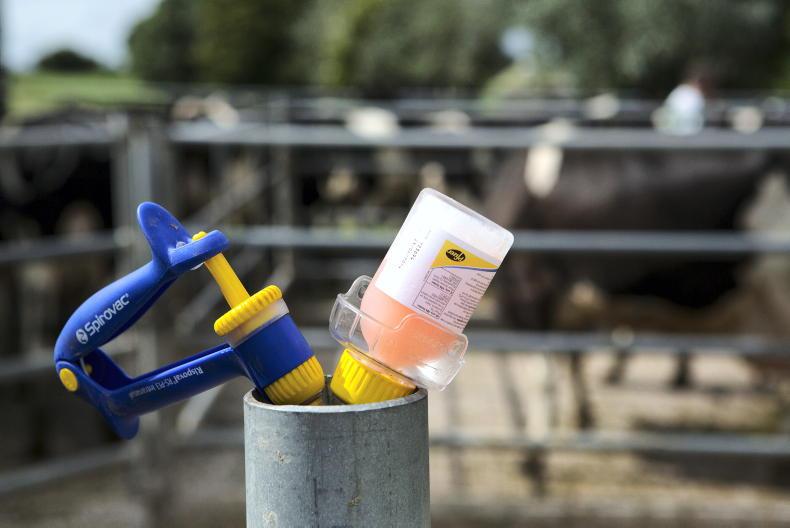
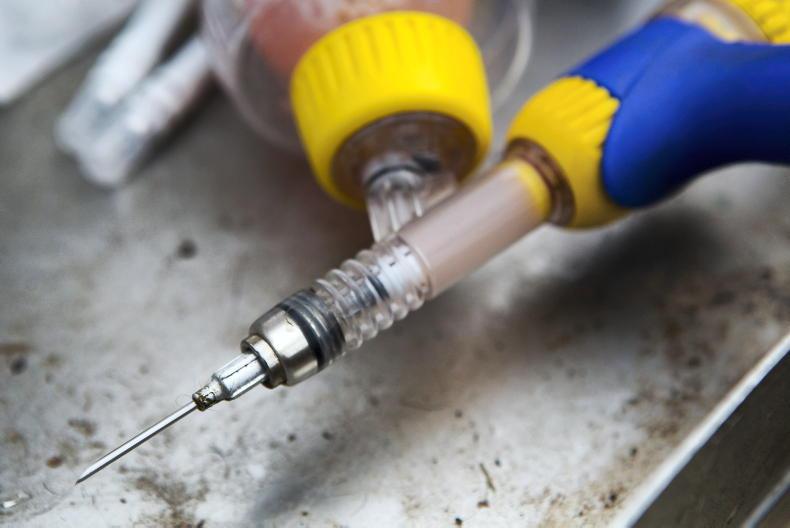
SHARING OPTIONS